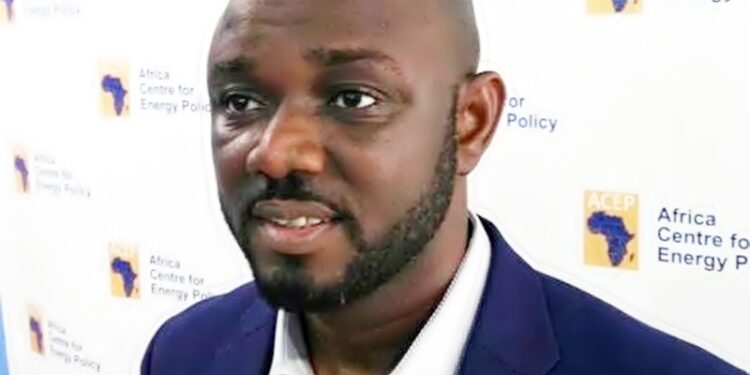Springfield’s New Data Contradicts Basis for Unitization with ENI’s Sankofa Field, ACEP Reveals
The revelation comes on the back of the recently concluded unitization dispute between the Government and ENI along with its OCTP partners.
- Advertisement -
Ghanaian oil producer Springfield has presented new data that contradicts the original justification for the government’s directive to merge its Afina discovery with ENI’s Sankofa field, according to Benjamin Boakye, Executive Director of the African Centre for Energy Policy (ACEP).
The revelation comes on the back of the recently concluded unitization dispute between the Government and ENI along with its OCTP partners.
- Advertisement -
Springfield’s initial claim, which led to the government’s directive for unitization, was based on seismic data that suggested Afina and Sankofa shared identical reservoir and fluid properties. This similarity was argued as the basis for unitizing the fields to optimize production.
- Advertisement -
The Ministry of Energy supported the move, asserting that merging the two fields would maximize resource recovery and benefit the state.
However, Mr Boakye has disclosed in an interview with NorvanReports at the opening of the October 2024 IMF and World Bank Annual Meetings that Springfield’s recent appraisal of the Afina field provides a different picture.
The latest data, he noted, fails to support the original claims regarding the fields’ connectivity. “Springfield’s new appraisal report contradicts the original data that was presented to justify the unitization,” Mr Boakye said, emphasizing that this discrepancy should prompt a re-evaluation of the government’s directive.
The conflicting data has cast doubt on the viability of the unitization strategy and exposed the risks of making critical energy decisions based on incomplete or inaccurate information. According to Mr Boakye, the initiation dispute with ENI has deterred investors from committing to Ghana’s oil and gas sector, contributing to a broader trend of capital flight to neighboring countries, such as Côte d’Ivoire, where the regulatory and political environment is seen as more stable.
- Advertisement -
“We have specialized in going to court, and investors are not coming,” he said, highlighting that the broader perception of politicized decision-making in the country’s energy sector is damaging its attractiveness to foreign capital.
Mr Boakye speaking further during the interview, urged the government and the Petroleum Commission to review the new data carefully and consider revoking the unitization order if it is no longer supported by technical evidence.
He stressed that this would send a signal to investors that Ghana is willing to prioritize sound scientific analysis over political expediency.
The unitisation dispute has broader implications for Ghana’s economic stability. The country, which has been grappling with debt pressures and is reliant on projected revenues from its natural resources, cannot afford to further jeopardize its oil production prospects.
Hence, as Mr Boakye noted, the failure to address this issue swiftly could have long-term consequences for Ghana’s ability to attract investment and sustain its oil output at a commercially viable level.
Ghana’s attempt to forcibly unitise the two offshore oil fields resulted in a significant financial setback, with the country spending over $6.8 million in legal and administrative fees.
Source:norvanreports.com
- Advertisement -


